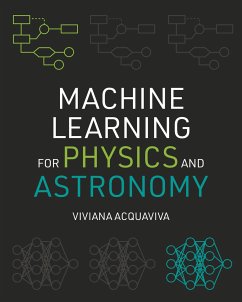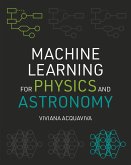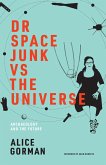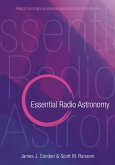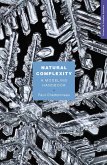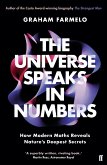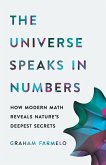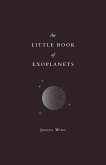"A hands-on introduction to machine learning and its applications to the physical sciences. As the size and complexity of data continue to grow exponentially across the physical sciences, machine learning is helping scientists to sift through and analyze this information while driving breathtaking advances in quantum physics, astronomy, cosmology, and beyond. This incisive textbook covers the basics of building, diagnosing, optimizing, and deploying machine learning methods to solve research problems in physics and astronomy, with an emphasis on critical thinking and the scientific method. Using a hands-on approach to learning, Machine Learning for Physics and Astronomy draws on real-world, publicly available data as well as examples taken directly from the frontiers of research, from identifying galaxy morphology from images to identifying the signature of standard model particles in simulations at the Large Hadron Collider. Introduces readers to best practices in data-driven problem-solving, from preliminary data exploration and cleaning to selecting the best method for a given task. Each chapter is accompanied by Jupyter Notebook worksheets in Python that enable students to explore key conceptsIncludes a wealth of review questions and quizzesIdeal for advanced undergraduate and early graduate students in STEM disciplines such as physics, computer science, engineering, and applied mathematics. Accessible to self-learners with a basic knowledge of linear algebra and calculus. Slides and assessment questions (available only to instructors)"--
Bitte wählen Sie Ihr Anliegen aus.
Rechnungen
Retourenschein anfordern
Bestellstatus
Storno

